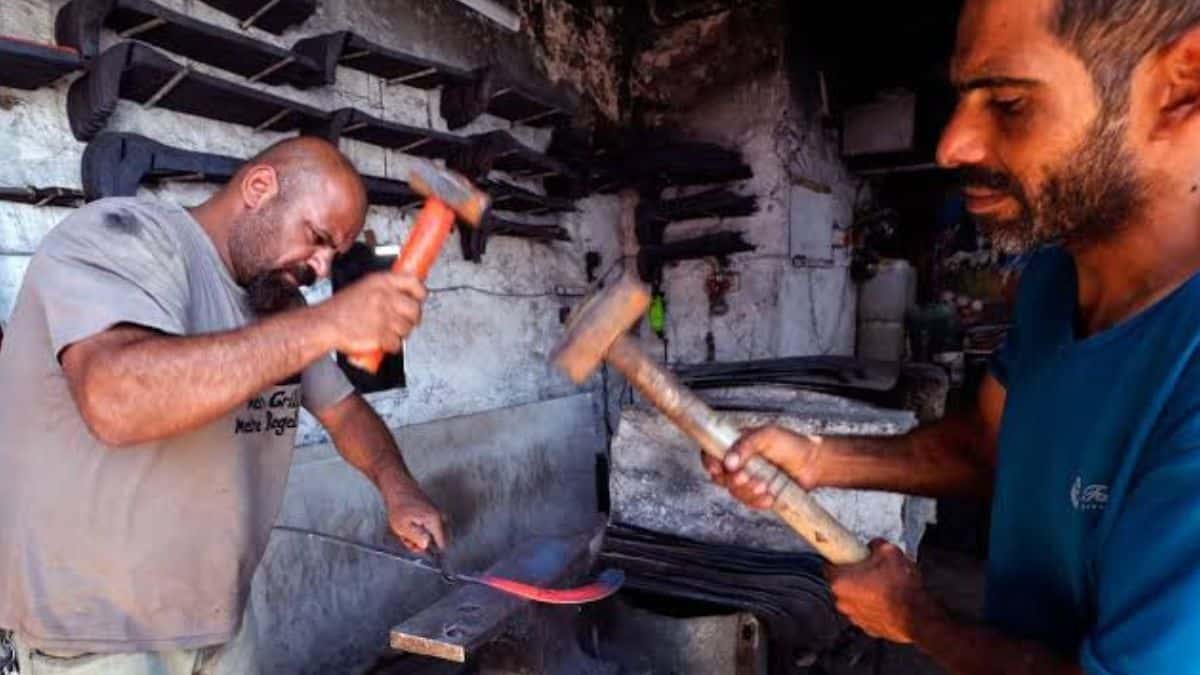In recent years, Iraq has witnessed a notable influx of foreign workers across various sectors, marking a significant demographic shift in the nation’s labour landscape. This trend underscores both the opportunities and challenges facing Iraq as it rebuilds and expands its economy amidst ongoing reconstruction efforts and geopolitical dynamics.
The presence of foreign workers spans diverse industries, with construction and oil being prominent sectors. In cities like Baghdad, Basra, and Erbil, multinational corporations and contractors are increasingly relying on skilled labour from abroad to meet demands for infrastructure development and energy projects. This influx has been driven by a combination of factors, including expertise in specialized fields and a willingness to work in challenging environments.
However, the rise of foreign workers in Iraq is not without its complexities. It raises questions about local employment opportunities, wage disparities, and cultural integration. While foreign labour often brings technical proficiency and managerial skills, there is a growing awareness of the need to balance this with investments in local workforce training and development.
Moreover, the security situation remains a critical concern. Iraq’s volatile environment, despite improvements in recent years, still poses risks for both local and foreign workers. Companies operating in Iraq must navigate these security challenges while ensuring the safety and well-being of their employees.
Iraq faces a delicate balancing act in harnessing the benefits of foreign expertise while safeguarding the interests of its domestic workforce. This requires strategic planning, policy reforms, and partnerships that promote sustainable economic growth and inclusive development.
As Iraq continues on its path of reconstruction and economic diversification, the role of foreign workers is likely to evolve, influencing the country’s social fabric and economic trajectory in the years to come. Understanding and managing this dynamic workforce will be crucial for Iraq’s aspirations of stability and prosperity in a globalized world.

